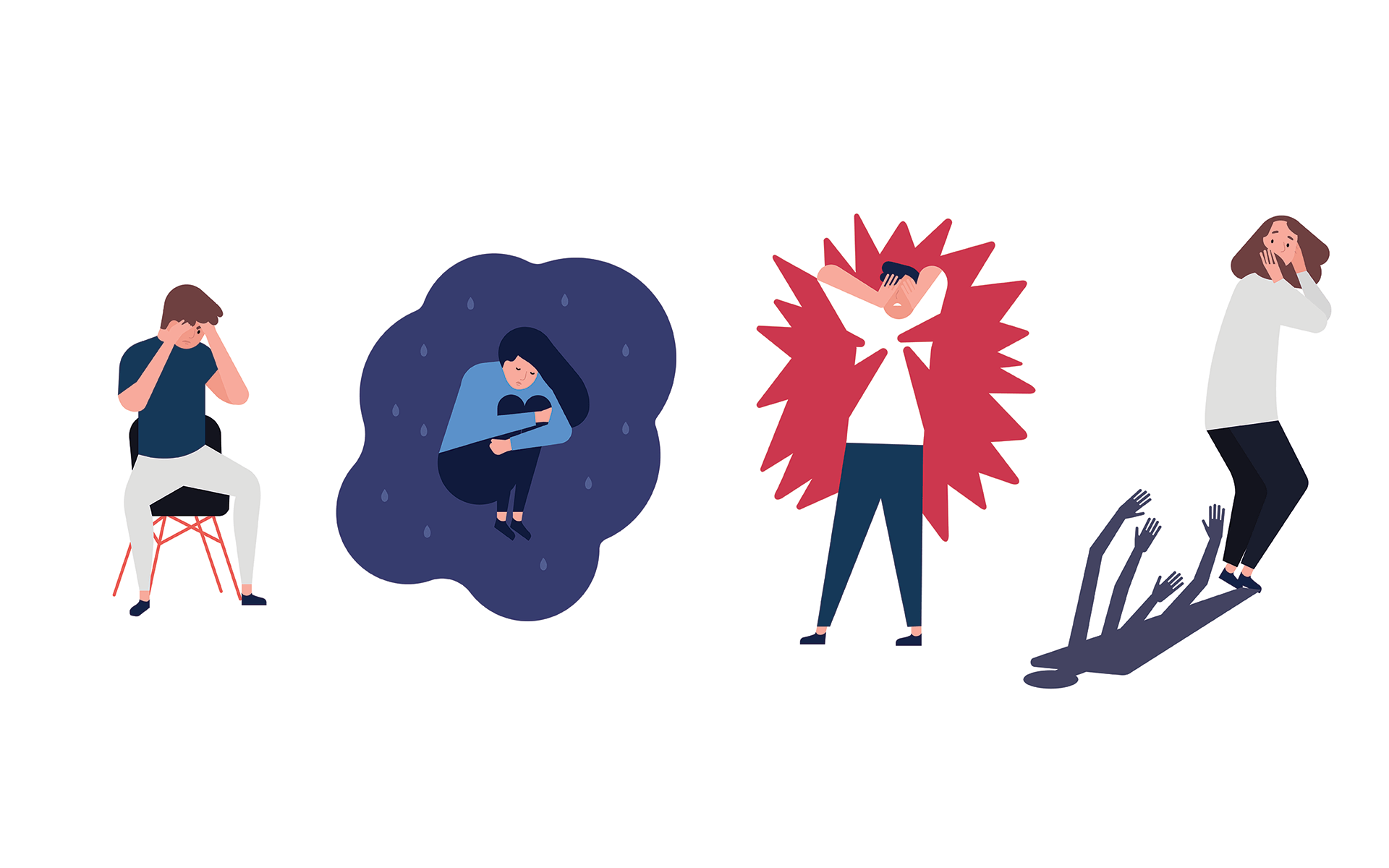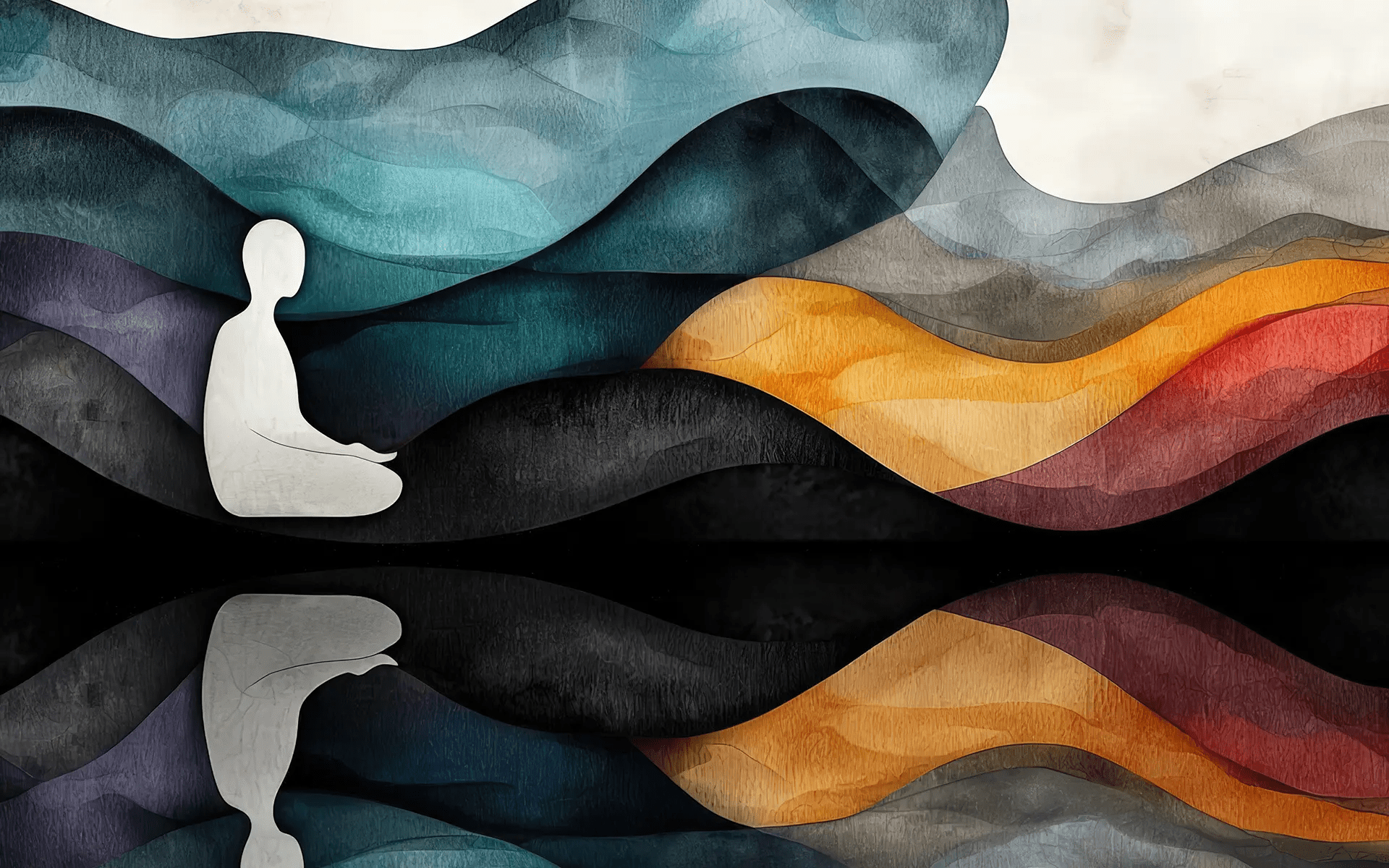Worry is an emotion that can strike at any point: be it at work, on holiday, with friends, or alone.
In this video from School of Life, philosopher Alain de Botton explains that a standard approach for calming your worried thoughts is to examine each anxiety in turn and find a solution to it. While this may soothe your worries, it doesn’t explain why they appear in the first place.
To understand this, de Botton says it’s necessary to look at the big picture.
“It can […] be helpful not to look at the specifics of every worry, and instead consider the overall position that worry has come to occupy in our lives,” he says.
De Botton quotes the English psychoanalyst Donald Winnicott, who theorized that the catastrophe you fear will happen has, in fact, already happened.
In other words, the motivation for your worry often comes from past events.
Where worry comes from
“It’s the future, with its boundless possibilities for horror that is the natural arena for exploration by our panicked thoughts,” de Botton says.
But if the act of worrying means fixating on what has yet to come, why is it that our fears about the future are so often derived from our past?
De Botton explains this is due to traumatic events from our childhood that were never properly processed.
For example, you may worry that your current partner is planning to leave you, despite never showing signs of being disloyal. De Botton explains this is likely because once, when you were young and vulnerable, someone you cared for did abandon you.
“A benefit of understanding how much our worries owe to childhood is a new sense that it isn’t so much the future we should be distressed, about but the past,” de Botton says.
How to move on from worry
Once you recognize the source of your anxieties, you can replace worry with reflection.
Once you recognize the source of your anxieties, you can replace worry with reflection.
“We can feel profoundly sorry for our younger selves as an alternative to being panicked for our future selves,” de Botton says. “Appreciating the childhood legacy of worries, we also stand to realize that we can adapt and improve on how we respond to what alarms us.”
Many people already know how to recover from traumatic situations: you can reach out, seek help, take responsibility for your actions if you have to.
For others, facing childhood trauma might bring you right back to how you would have reacted at the time: with overreaction, loss of perspective, a screaming fit, or a sense of being lost.
The important thing to remember, de Botton says, is that you are no longer a child. Understanding that your fears—and your response to them—often have childhood precedents can provide you with the ability to ensure history doesn’t repeat itself.
“We’ll still be worried a substantial portion of the time, but perhaps with a little less fragility and fewer burning convictions of total upcoming catastrophe,” he says.







